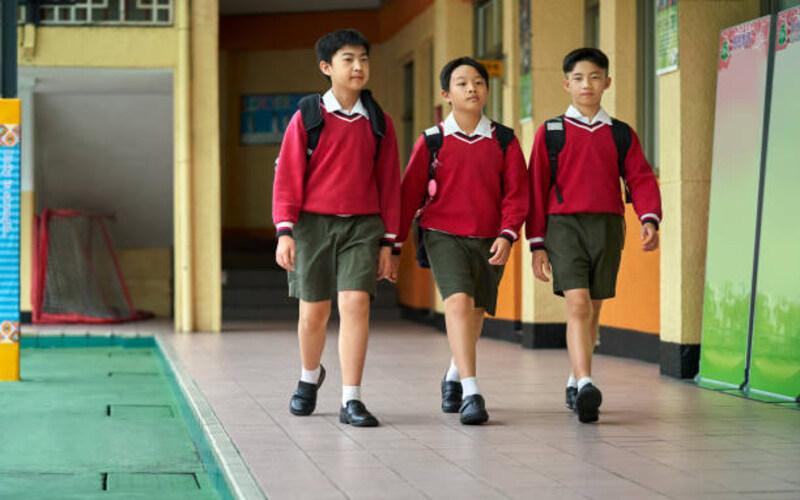School uniforms have been a topic of debate for many years, with one of the key arguments being their impact on student behavior. Proponents argue that uniforms create a sense of discipline and equality among students, removing distractions related to fashion and peer pressure. By wearing the same attire, students may focus more on their studies and less on what others are wearing, fostering a more serious and respectful school environment.

Moreover, school uniforms are believed to reduce bullying related to appearance, as all students wear the same clothes, regardless of socioeconomic status. This uniformity can promote a sense of belonging and reduce the social divisions that often arise in a school setting. As a result, many educators and parents support the idea that uniforms can lead to improved behavior, promoting a positive atmosphere conducive to learning.
Do school uniforms contribute to better student behavior?
The NSW Department of Education asserts that students' self-esteem is boosted and a bond is formed with their school uniform when they wear it. It gives them a feeling of identity connected to their school community in addition to a sense of belonging. But according to recent Trutex research, the advantages of wearing a uniform go deeper into the psychological realm. As it happens, it has a big impact on how students behave!
A research team questioned 1,318 teachers, parents, and students about school uniforms as part of a UK anti-bullying campaign. Here are a few of the outcomes:
Teachers:
-
According to 89% of educators, school uniforms actively contribute to a decrease in bullying.
-
According to 95% of educators, uniforms help students blend in.
-
According to 94% of educators, parents, the neighborhood, and even prospective students take pride in a school where students wear uniforms.
Parents:
-
66% of parents think wearing a school uniform puts students on a level playing field and makes their life easier.
-
Just 11% of mothers disagree with the 61% who think that wearing a school uniform prevents bullying in schools.
-
According to 68% of mothers, uniforms lessen the pressure on kids to dress in the newest styles, which may contribute to bullying among students.
Students:
-
59% of kids between the ages of 6 and 15 say they would rather dress in their own clothes for school.
-
46% acknowledge that wearing a uniform lessens bullying.
-
68% of people believe that wearing a uniform makes them more accepted at school.
-
If the school uniform policy were to be eliminated, 36% of 15-year-olds say they would be concerned.
-
53% of kids claim that wearing a uniform prevents them from expressing their individuality, and 47% of kids think that uniforms are uncomfortable to wear.
The majority of students acknowledge that their uniforms help them blend in with their peers, despite the obvious differences in how they perceive them. According to the study, uniforms also lessen bullying because they make it more difficult for bullies to spot students who might be their target because they stand out. While free dress would draw attention to social and economic disparities, uniforms also represented equality and relieved the pressure to follow fashion trends.
Conclusion
The implementation of school uniforms has the potential to contribute positively to student behavior. By fostering equality and reducing distractions, uniforms can create a more focused and respectful environment for both students and teachers. The reduction in peer pressure related to clothing choices helps students concentrate more on their academic and personal growth, leading to a more disciplined school atmosphere.
Furthermore, school uniforms can support a sense of unity and belonging, which in turn can reduce bullying and social exclusion. By ensuring that all students wear similar clothing, schools may minimize visible economic disparities, encouraging positive interactions. For schools looking to implement uniforms, working with a reliable uniforms supplier can ensure high-quality, comfortable, and appropriate uniforms that contribute to a professional and cohesive school environment.



